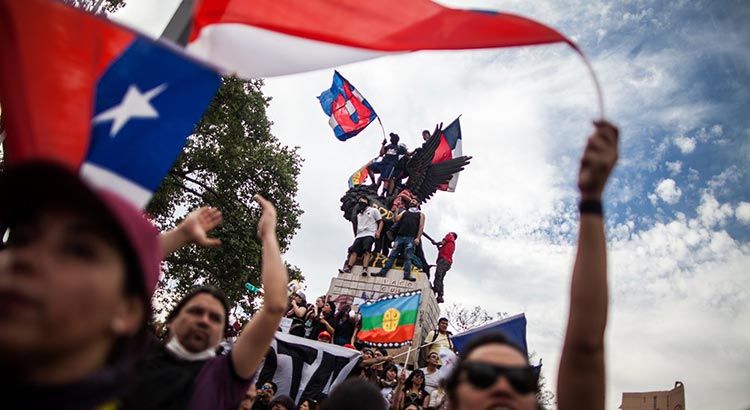
English3. Dezember 2019 | Irene Weipert-Fenner, Jonas Wolff
The Current Wave of Protests in Latin America and the MENA – A Struggle for Incorporation?
During the last months, we witnessed massive protests around the globe against authoritarian rule, social injustice and climate change. Looking more closely at the ongoing wave of contention, we find two regional hotbeds for socioeconomic protests, the Middle East and North Africa (MENA) and Latin America. In countries as different as Lebanon and Iraq, Chile and Ecuador, public contention was primarily driven by socioeconomic grievances. In a project concluded earlier this year, we compared…